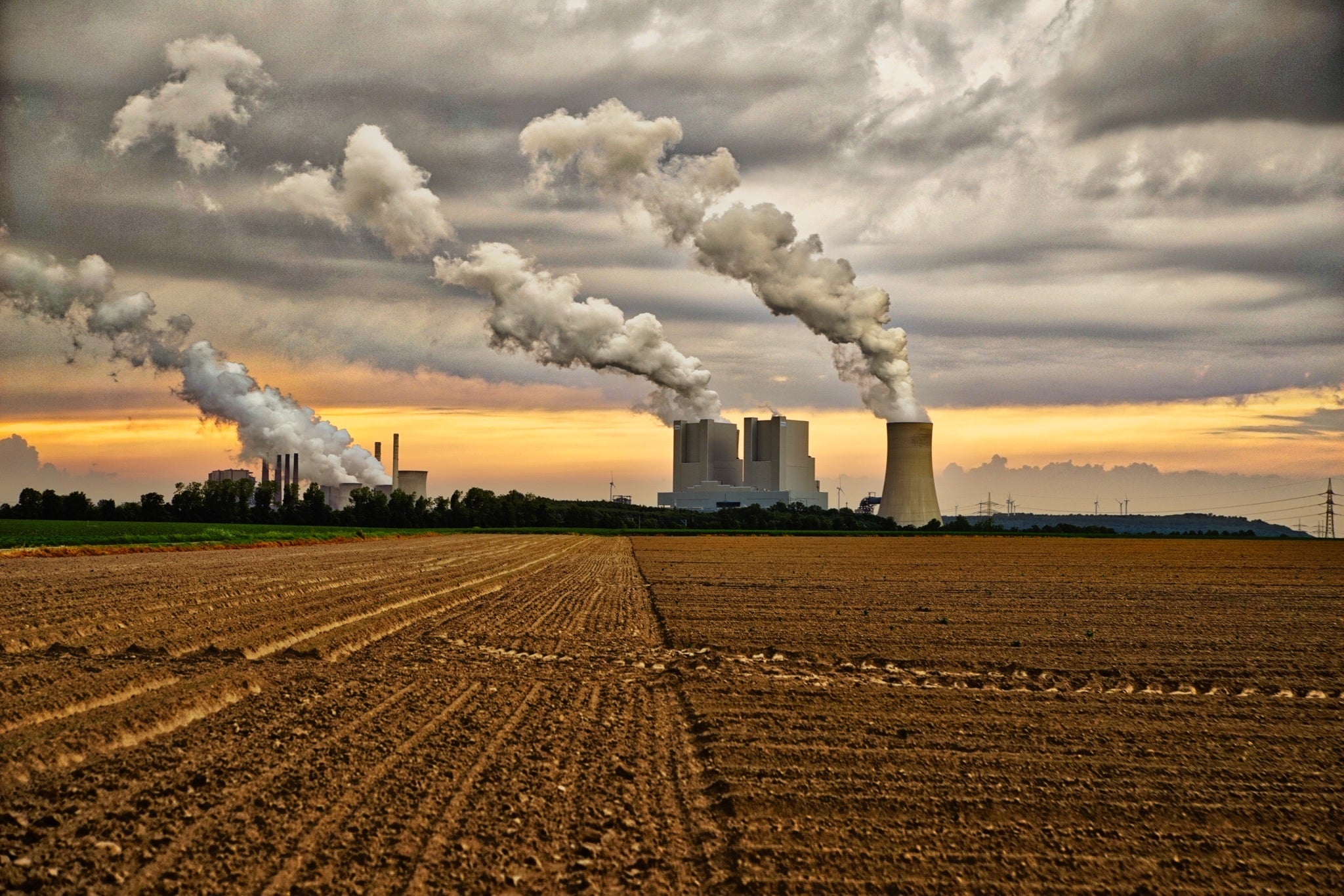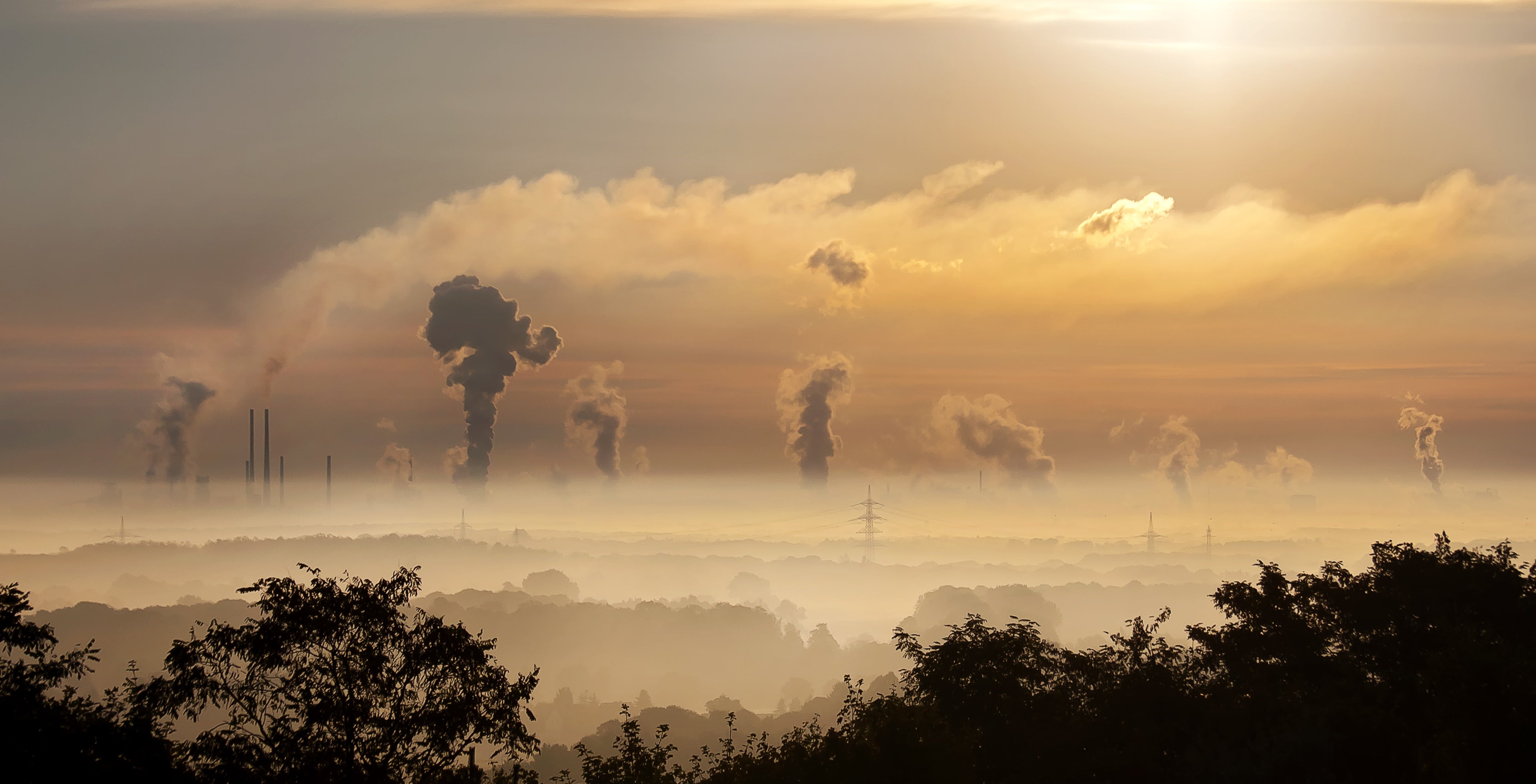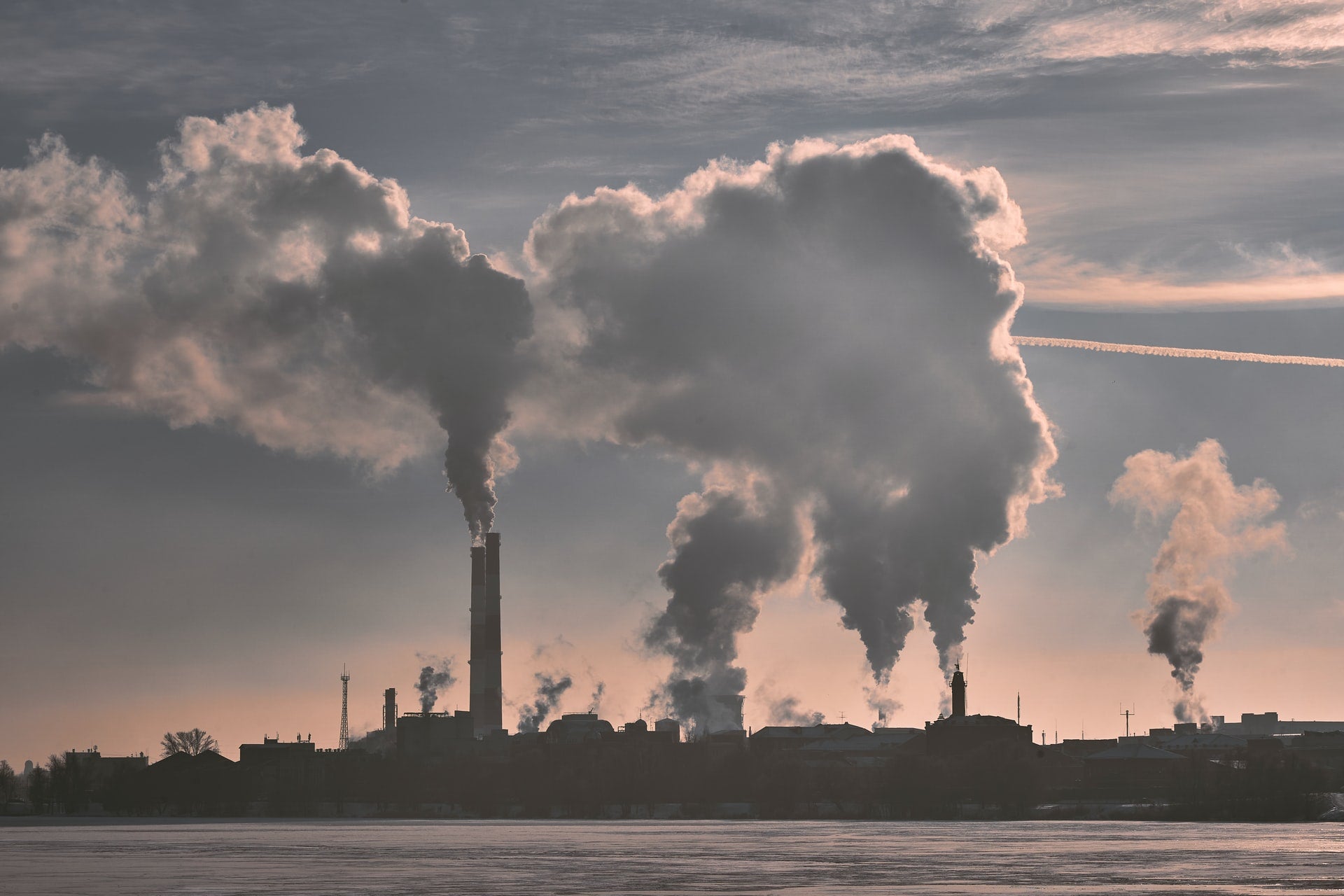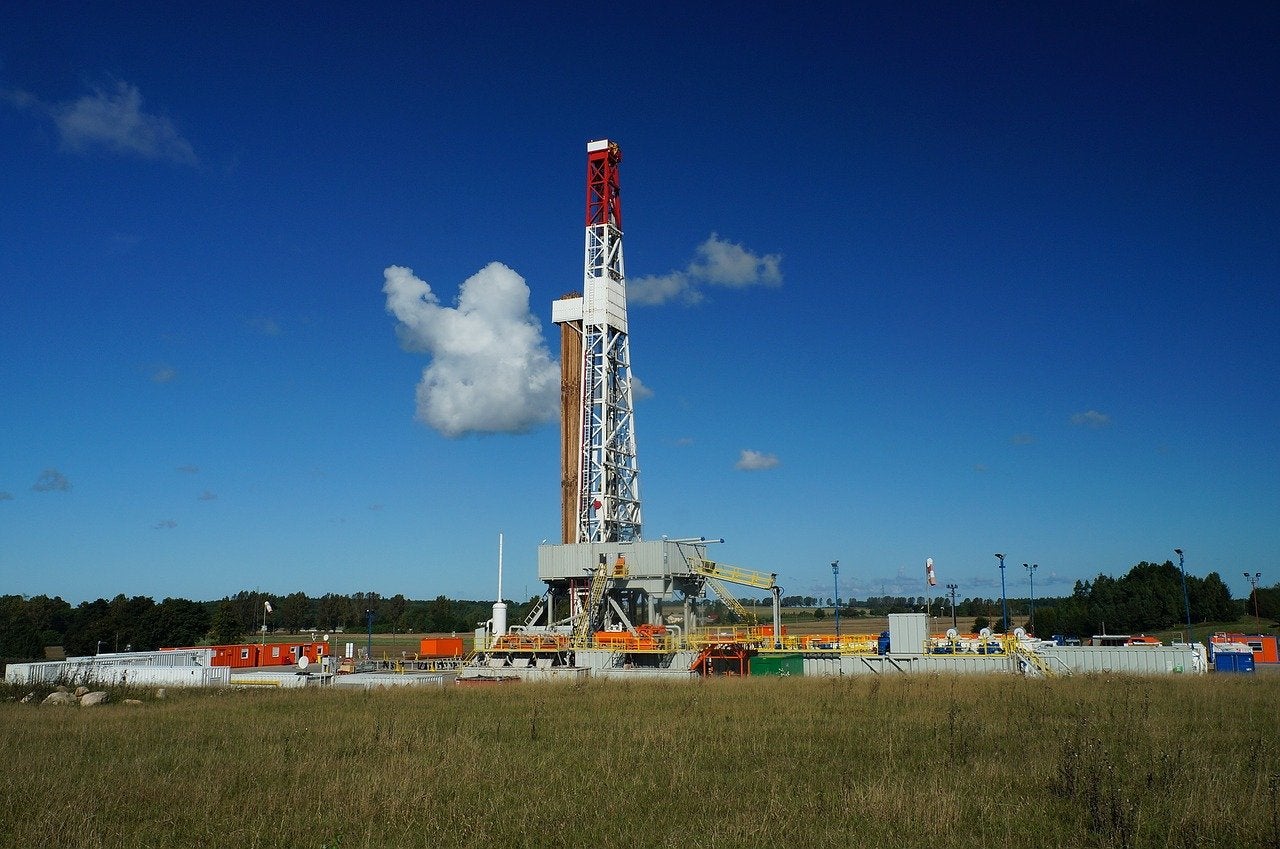Photo by: Pixabay user Free-Photos
Producing and burning fossil fuels creates air pollution that harms our health and generates toxic emissions that drive climate change.
From the electricity that lights our homes to the cars we drive to work, modern life was built on fossil fuels like coal, oil and natural gas. But burning them creates climate change and releases pollutants that lead to early death, heart attacks, respiratory disorders, stroke, asthma, and absenteeism at school and work. It has also been linked to autism spectrum disorder and Alzheimer’s disease.
Research from Harvard University, in collaboration with the University of Birmingham, the University of Leicester and University College London, found that more than 8 million people died in 2018 from fossil fuel pollution, significantly higher than previous research suggested—meaning that air pollution from burning fossil fuels like coal and diesel was responsible for about 1 in 5 deaths worldwide.
Each year, our team contributes to the Lancet Countdown on Health and Climate Change to track the impacts of climate change on human health across 44 indicators around the world. Our research analyzes the health impacts of burning fossil fuels and shows how much we have to gain by ending our reliance on them. Recent research from our Center:
- Identified at least 21 different hazardous air pollutants, as defined by the U.S. EPA, including benzene, toluene, ethylbenzene, xylene, and hexane, in consumer-grade natural gas supplied to Massachusetts.
- Created a new inventory of air pollution impacts from stationary sources over the past decade that shows the negative impacts of burning natural gas and biomass have surpassed coal generation in many states, which is a trend that may continue.
- Conducted the first study to determine that Pennsylvania’s statewide setback regulations for fracking do not prevent setback incidents, and identified the potential risks and exposures for people living near fracking or underground natural gas wells.
- Showed that more people live closer to underground gas storage wells than previously thought. An estimated 20,000 homes and 53,000 people in predominantly suburban areas of PA, OH, WV, MI, NY, and CA live within a city block of active underground natural gas storage wells.
- Developed the science-based case for why it is “appropriate and necessary” for EPA to regulate mercury emissions from the power sector; and why the health benefits of regulation and remaining risks from mercury pollution in the U.S. should be assessed.

Estimating Public Health Impacts from Individual Power Plants
A tool to help policy-makers design policies and interventions.

Health Co-Benefits of Carbon Standards for Existing Power Plants
Analyzing the clean air and health benefits of power plant carbon standards in the U.S.

Costs and Health Co-Benefits for a U.S. Power Plant Carbon Standard
Reducing carbon dioxide (CO2) emissions from power plants can have important “co-benefits” for public health by reducing emissions of air pollutants.

Fossil fuel extraction is harming Indigenous communities, say experts
Fossil fuel production causes environmental health effects in Indigenous communities, and leadership from frontline Indigenous activists has been critical in fighting these environmental injustices, according to experts who spoke at a Harvard Chan School event.

Health consequences of using biomass for energy
Burning biomass has significant public health and environmental justice consequences, according to a recent opinion piece co-authored by Harvard Chan School’s Jonathan Buonocore.

Biomass is not health neutral
Our Research Scientist Jonathan Buonocore writes that even as Congress declares biomass carbon neutral in the latest spending bill, burning it puts thousands of lives at risk.

Another KY coal plant to retire, but the pollution remains
The Green Station coal power plant is transitioning to nuclear, but it will continue to leach harmful toxins.
Vehicle emissions linked to thousands of deaths in northeast, Mid-Atlantic
An estimated 7,100 people in the northeast and Mid-Atlantic regions died as a result of exposure to ozone and fine particulate matter from vehicle emissions in 2016.

New Study: The Health Impacts of the Coal-to-Gas Transition
A new study out from Harvard University explores the health impacts of transitioning from coal to other combustible fuels.

Coal Phase-Down Has Lowered, Not Eliminated Health Risks From Building Energy, Study Says
Biomass and natural gas have become an increasingly large share of the health burden of fueling buildings and factories.

Harvard Study Says Clean Electricity Will Prevent Premature Deaths
Reset’s sustainability contributor Karen Weigert introduces listeners to our researchers for a discussion on their study of how clean electricity will save lives.

Law meant to push drilling further from houses had little impact, study finds
Grandfathered wells and exemptions put wells closer to homes, new study finds.

As deaths from burning coal decline, natural gas now a leading hazard, study shows
Pollution from natural gas is now responsible for more deaths and greater health costs than coal in Illinois, according to a new study.
